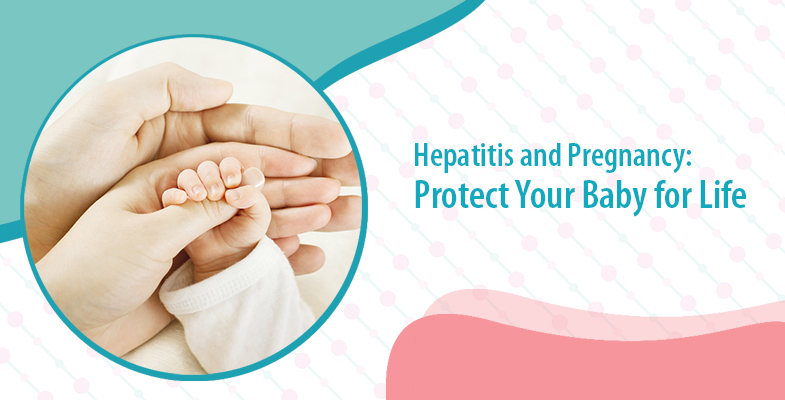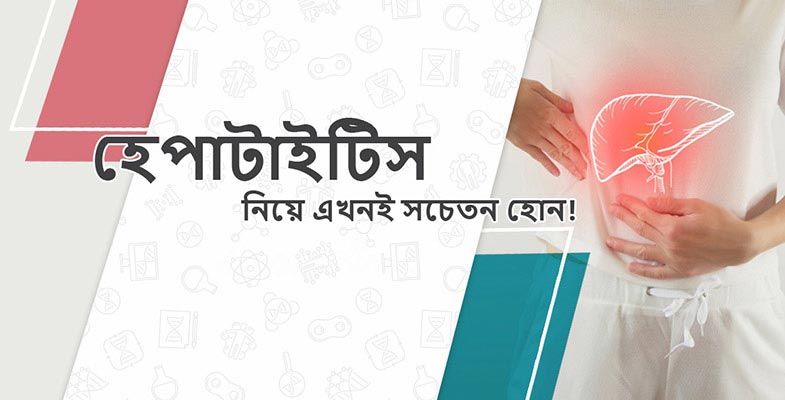
28th July is World Hepatitis Day. Every year, this day is observed globally to raise awareness about hepatitis – a liver infection caused by a group of viruses, namely Hepatitis A, B, C, D & E.
Of all the types, Hepatitis B is the most common and serious liver infection worldwide. The disease can be referred to as a ‘silent epidemic’, as most people exposed to the virus do not show clear symptoms. Thus, they can spread the virus unknowingly to others coming in contact with them. For those infected chronically with no symptoms of the disease, the risk of complications, such as scarring or cirrhosis of the liver, liver failure, and cancer is higher.
Hepatitis B – How does it affect your child?
Hepatitis B can pose a threat during pregnancy, as the virus spreads from an infected mother to the newborn at birth. This may happen during a C-section or vaginal delivery. Studies claim that an estimated 9 out of 10 women infected with acute Hepatitis B virus will pass it on to the infant. Babies who are infected with the Hepatitis B virus have chances as high as 90% of having a chronic, lifelong illness. If left untreated, they may develop serious liver disorders related to the infection.
Getting Tested
Every woman should get a blood test done for Hepatitis B during pregnancy as part of their prenatal care. If detected, your healthcare provider can give the infant a set of Hepatitis B shots to prevent mother-to-child transmission.
You must also keep in mind that the virus is extremely infectious and can spread through contact with semen, blood, or bodily fluids of an infected person to others. So, the father, as well as other members of the family should also get tested for and vaccinated against Hepatitis B.
Protect Your Little One
Your baby should ideally get the first dose of the Hepatitis B vaccine and a shot of HBIG (Hepatitis B Immune Globulin) within 12 hours of being born. The HBIG shot gives a boost to your baby to fight the virus soon after birth. However, it is only given to infants born to mothers who have tested positive for Hepatitis B. The vaccine and the HBIG shot combined helps prevent the baby from contracting the virus.
Your baby must get all the Hepatitis B shots to be able to keep away from the transmission. Normally, a set of 3 to 4 shots are given, depending on your baby’s weight and the type of vaccine. Your baby will receive the first shot at birth, the next one at about age 1 or 2 months, and the last one, at age 6 months. Check with your doctor when you should bring your baby back for each shot.
Get your baby tested once he/she has received all the shots. A blood test can tell if your baby is protected against Hepatitis B. The blood test is usually done after two months of completing the shots. The baby should be 9 months old before getting the blood test done.
Breastfeeding after Vaccination
There is no restriction to breastfeeding the child if he/she has received the Hepatitis B vaccine or the first shot of HBIG within 12 hours of birth. Breastfeeding does not expose your child to the virus. However, do ask your doctor if you should be breastfeeding in case you have open sores in the breast or cracked nipples.
Caring for Yourself
You may require a few more tests to monitor your liver health and see if treatment is needed. Although antiviral medications can treat hepatitis B, it is best to discuss with your doctor before taking any OTC medications, vitamins, or supplements during pregnancy because certain drugs can do more harm than good to the fetus. Be sure to follow up with your doctor after delivery to check the health of your liver.



